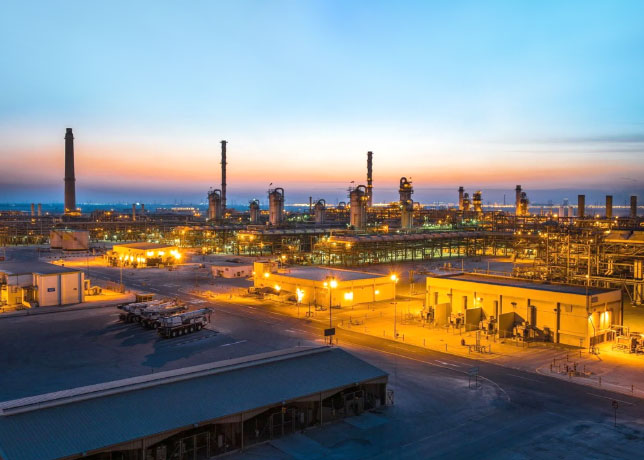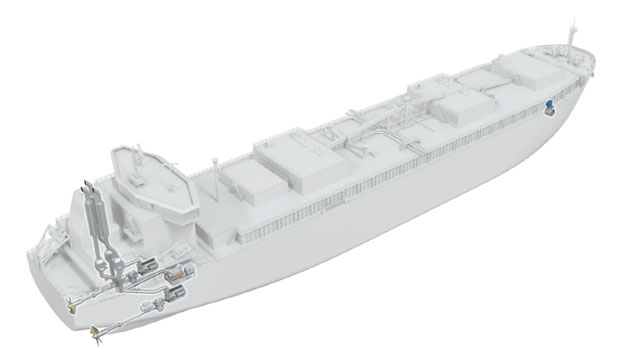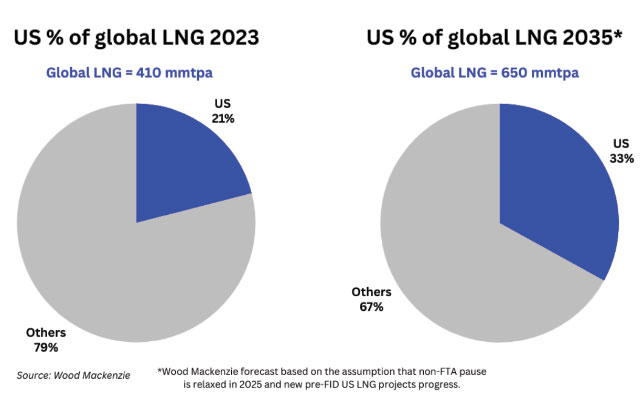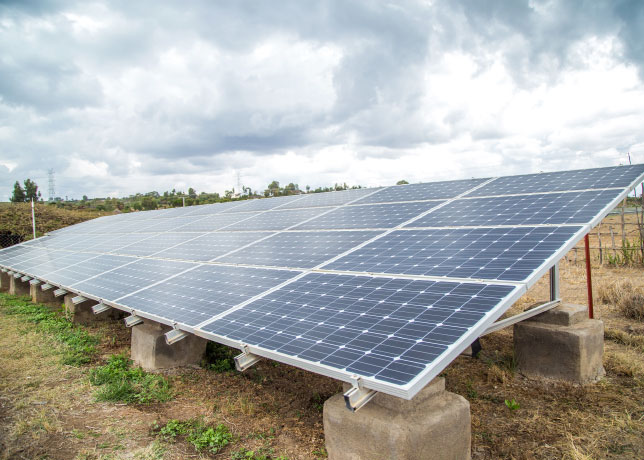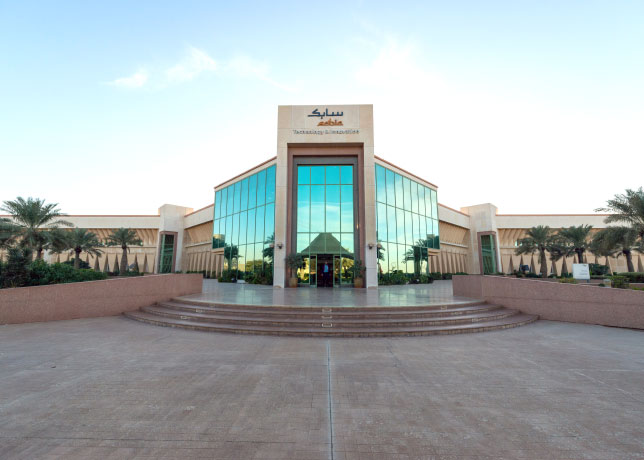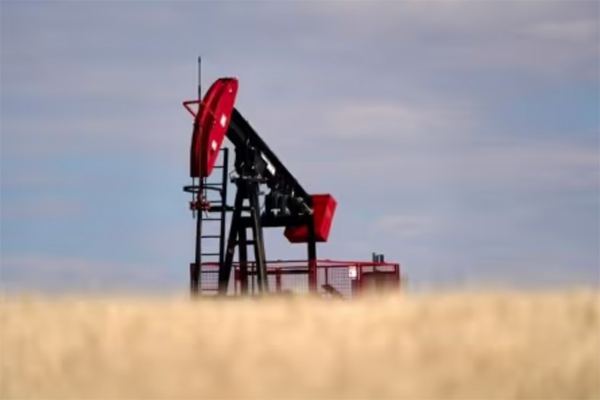
Oil prices rose on Thursday as the prospect of a widening Middle East conflict that could disrupt crude oil flows from the region overshadowed a stronger global supply outlook.
Brent crude futures were up $1.02, or 1.38 per cent, to $74.92 a barrel at 0840 GMT. US West Texas Intermediate crude futures were up $1.10, or 1.57 per cent, to $71.20.
"Following the initial jitters from geopolitical risks in the Middle East, we have seen some calm return to global markets, but of course, with market participants still keeping a side-eye on any upcoming Israeli response," said Yeap Jun Rong, a market strategist at IG.
Israel bombed Beirut early on Thursday, killing at least six people, after its forces suffered their deadliest day on the Lebanese front in a year of clashes with Iran-backed Hezbollah.
Israeli Prime Minister Benjamin Netanyahu said Iran would pay for its missile attack against Israel on Tuesday, while Tehran said any retaliation would be met with "vast destruction", raising fears of a wider war.
"From here, it's a waiting game to see what the Israeli response will be and I suspect that comes after the conclusion of the Rosh Hashanah holiday tomorrow," said IG market analyst Tony Sycamore.
"Preclusion of anything in the Middle East is a mistake, which is why the market remains at present defensively bid...expansion of war and its damage will need to be proven before oil market participants will shake off the over-riding presence of scepticism," said John Evans, analyst at oil broker PVM.
Meanwhile, US crude inventories rose by 3.9 million barrels to 417 million barrels in the week ended Sept. 27, the Energy Information Administration said, compared with expectations in a Reuters poll for a 1.3 million-barrel fall.
"Swelling US inventories added evidence that the market is well supplied and can withstand any disruptions," ANZ analysts said in a note.
Some investors remained unfazed as global crude supplies have yet to be disrupted by unrest in the key producing region, and spare Opec capacity tempered worries.
"Prices may stay elevated or remain more volatile for a little longer, but there's enough production, there's enough supply," Jim Simpson, chief executive officer of East Daley Analytics, told Reuters.
Opec has enough spare oil capacity to compensate for a full loss of Iranian supply if Israel knocks out that country's facilities.—Reuters






